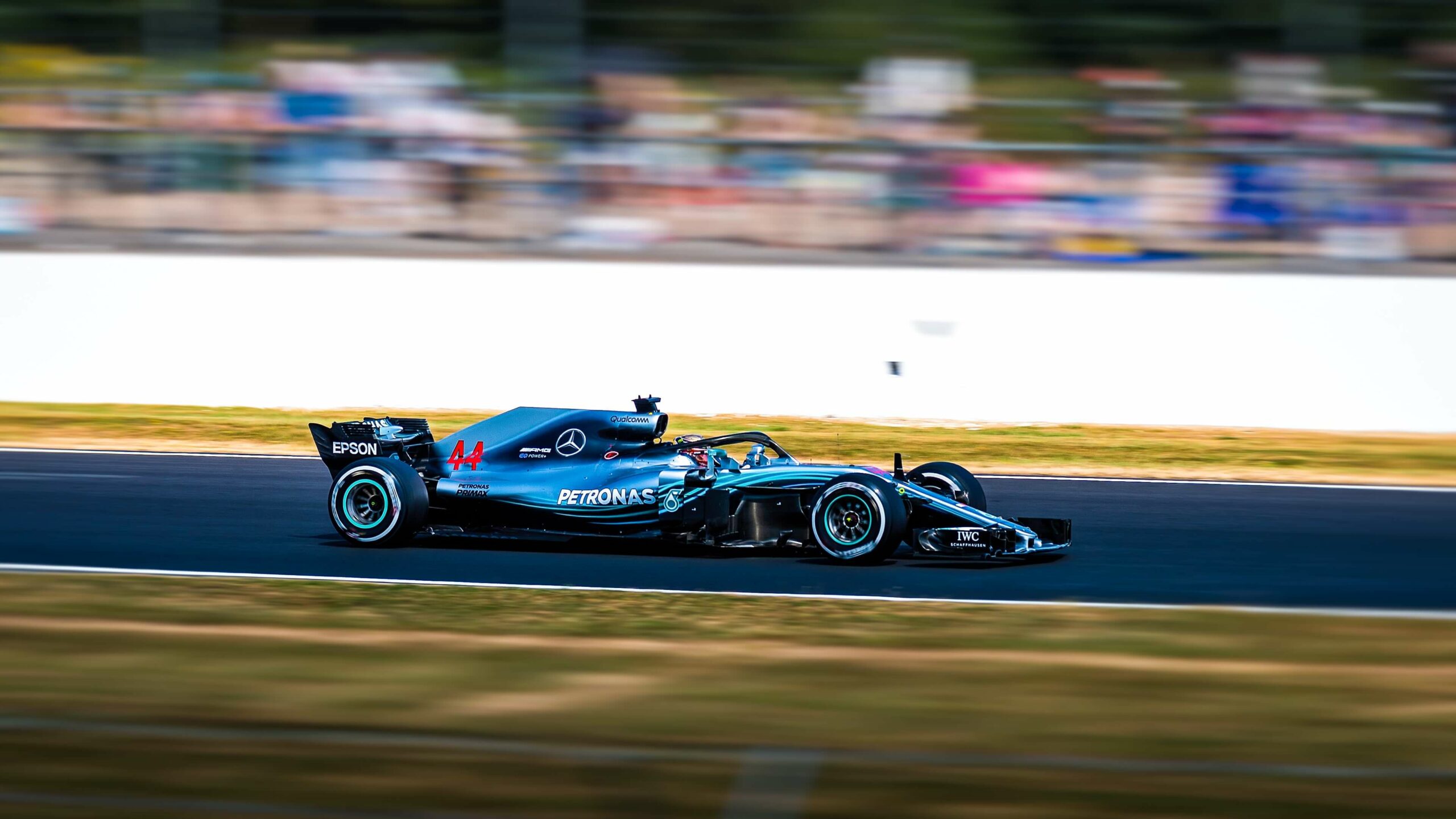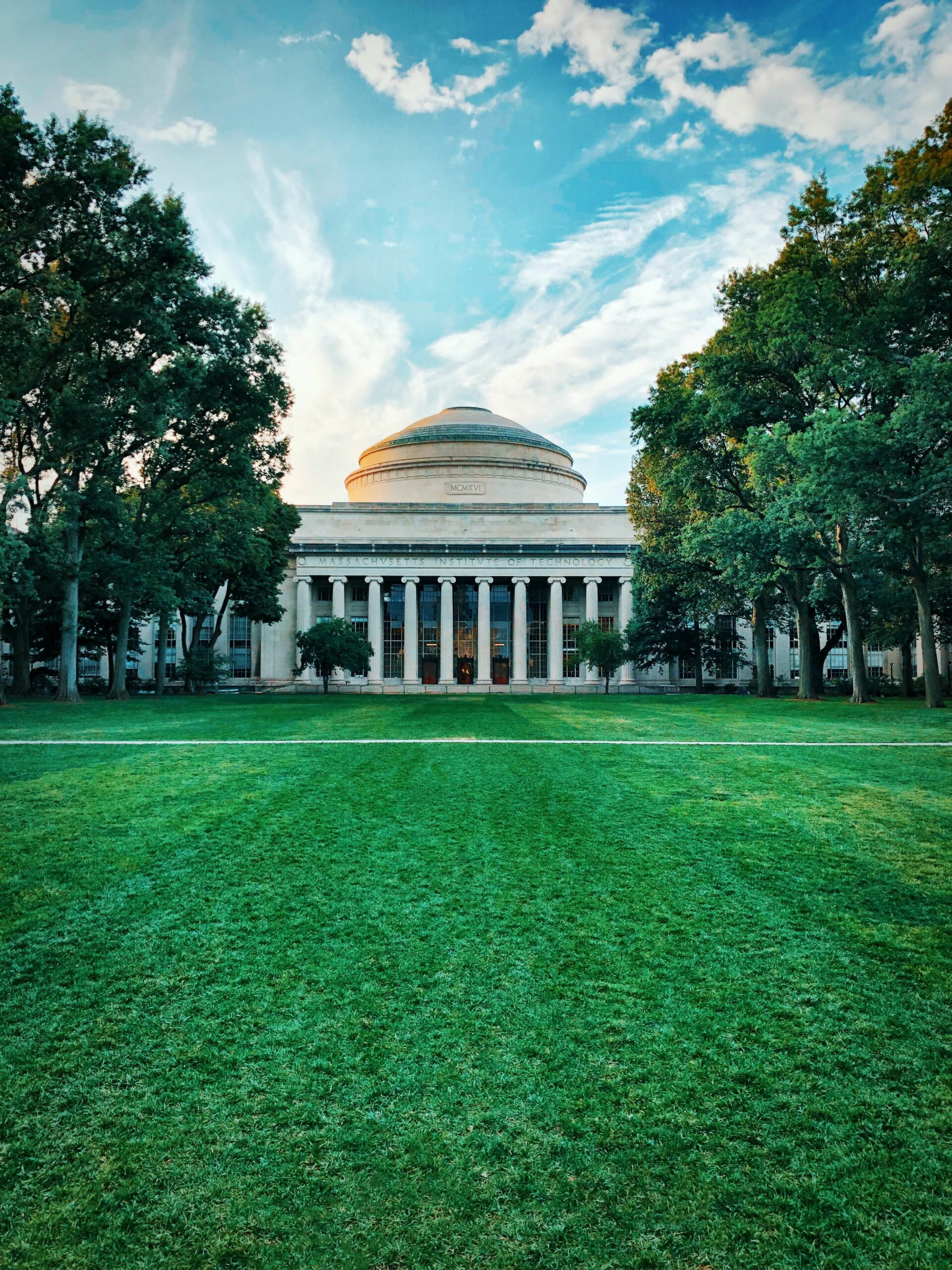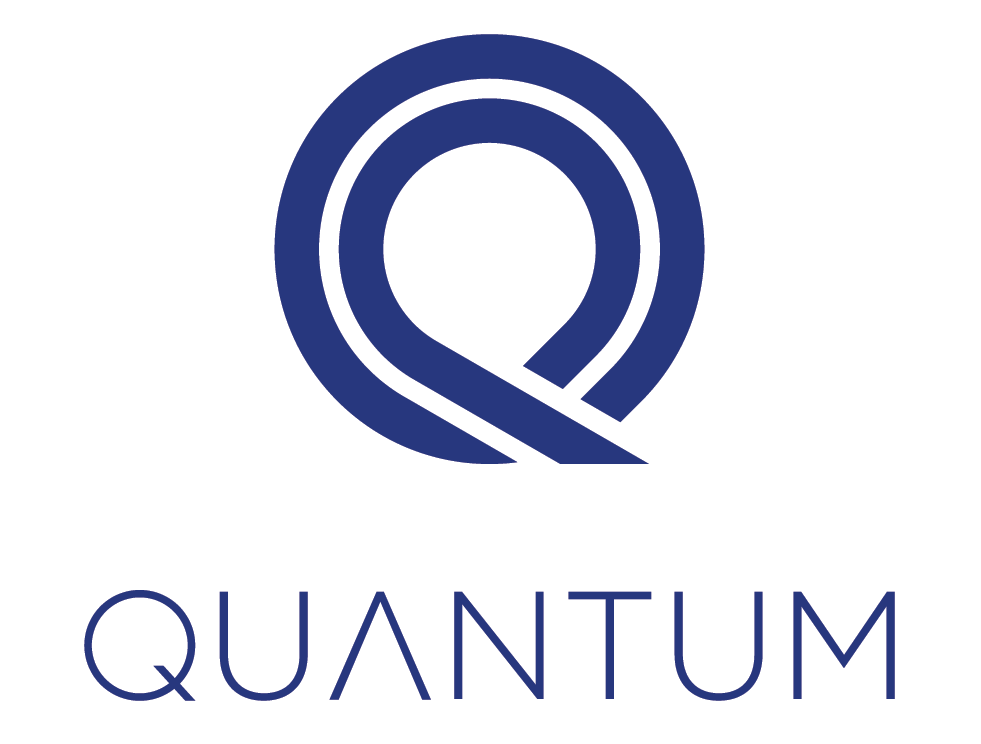‘Anyone can build a bridge that stands, but it takes an engineer to build a bridge that barely stands.’
Scientists come up with theories to understand more about the universe; engineers make things happen. Benjamin Franklin discovered electricity, Thomas Edison utilized it to craft light bulbs; Issac Newton proposed the three laws of motions, the Wright brothers applied them to invent the first airplane; Watson and Crick came up with the structure of DNA; Madame Curie discovered Polonium and Radium, engineers used them to design radiotherapy equipments.
Engineers apply scientific knowledge to design and build machineries, structures and other items, including bridges, vehicles and buildings. They also streamline workflows to make work a lot more efficient, allowing problems to be solved in the most efficient manner with minimum effort.
With recent advancements in artificial intelligence and extensive research in algorithms, engineers have a lot more tools in their arsenal to deal with various problems. Engineers in the 21st century need to be designers, crafting solutions for various complex problems. Application of scientific knowledge in real life problems is what separates engineering from pure science. A top Engineering applicant should demonstrate top notch problem solving techniques and have a lot of hands-on experience in Engineering projects.
A lot of Hong Kong students are interested in Engineering, but lack any opportunity to directly engage with it, unlike academic science subjects. In my experience as an admissions consultant, I have helped many students clear up concepts about engineering and pick the right subject. Science and Engineering are interchangeable fields, and applying for the wrong one can tank your application.

What is the course about?
If you look at most degree programmes in Engineering in the UK, they are a three-year bachelor’s plus one-year master’s degree combination. The first three years are focused on honing the student’s mathematical, application and problem solving skills. Lots of modules are done on mechanics, information engineering and materials (and their properties). Exams are usually taken at the end of the year, which accounts for grades of the entire degree.
The first two years are more about building necessary foundations for all types of engineering, and the last two years are more focused on specialization. During the master’s year, half of your time is spent on further specialization, taking on 8 papers out of 80 options; the other half of your time is spent on a major individual project. Most projects are associated with current department research and have direct industrial input and application. Examples of projects include:
- super-tall timber high-rise design
- nanotubes and graphene for polymer optoelectronics
- a fitness predictor for racing cyclists
- use of thorium in a PRISM reactor
- whole-system design of tidal turbines
- remarkably shaped structures
- preliminary design of a solar electric vehicle
- strategy development for fuel restricted F1 races
In the US, engineering courses are structured rather similarly. In the first two years, more general engineering principles are investigated and taught; in the last two years, more specialization into different forms of engineering (electrical engineering, chemical engineering, civil engineering, etc) is done.
As an engineer, not only do you get intellectually challenged on a daily basis, but you also get to actually be in charge of a personal project that has a lot of industrial relevance, impacting society one solution at a time. So, what does it take to be an engineer? Engineering is the study of problem solving. Engineers are solution-oriented people and they apply scientific principles in their daily lives to make their lives easier. If you care more about application than the purity of scientific knowledge, then engineering might be for you.

Admissions requirements
Engineering is often considered one of the hardest degrees, and the admissions requirements definitely reflect that. Cambridge requires students to have 40-42 points, with 7/7/6 in HL IB (or A*/A*/A in A level), which is the highest offer given by the University of Cambridge. Subject requirements also matter a lot. Not only do you need to do the highest level of Mathematics (HL Maths AA for IB; Further Maths for A level; BC Calculus for AP), Physics is also required. This is a hard requirement. If students fail to meet them, they will immediately get rejected.
On top of that, you still need to do ENGAA (engineering admissions assessment), which is notoriously difficult. ENGAA is not only time-pressured, but the questions also require advanced problem solving skills and multi-dimensional thinking. Finally, the interview comes. The interview is highly technical and mathematical. I even had a student who had to define the limits of sinx/x when x approaches 0. This question forces students to utilize the infamous squeeze theorem (sometimes known as sandwich theorem), which is way beyond A-level syllabus. The point of the interviews is to push students to deal with problems they have never seen before and see how they react. This is difficult but not impossible to tackle, but it requires a lot of training.
Careers after an engineering degree
What do engineering graduates do? The answer is everything. Not only are engineers amongst the most well-paid occupations in the world, they are also recruited into numerous industries: banking, consulting, hardware manufacturing, etc. Engineers develop strong skills in data analysis, coding and problem solving throughout their degrees, thus making them very desirable in various fields.
Quantum Prep is an education consultancy that focuses on placing their students at the best colleges or universities. We boast of diverse results. In addition to the traditional rap sheet of prestigious university acceptances, our consultants like to highlight the different paths they have sent students on. All of our students are different; we are proud of our one-on-one tailored approach towards university counselling. Contact us for a complimentary 30-minute initial meeting, where you can get tailored individualized advice on how to put your best foot forward. Read our reviews to see what our clients think of us.
By Anson Chung, Admissions Consultant
Published 12-07-2022

